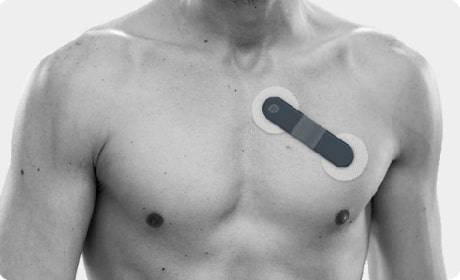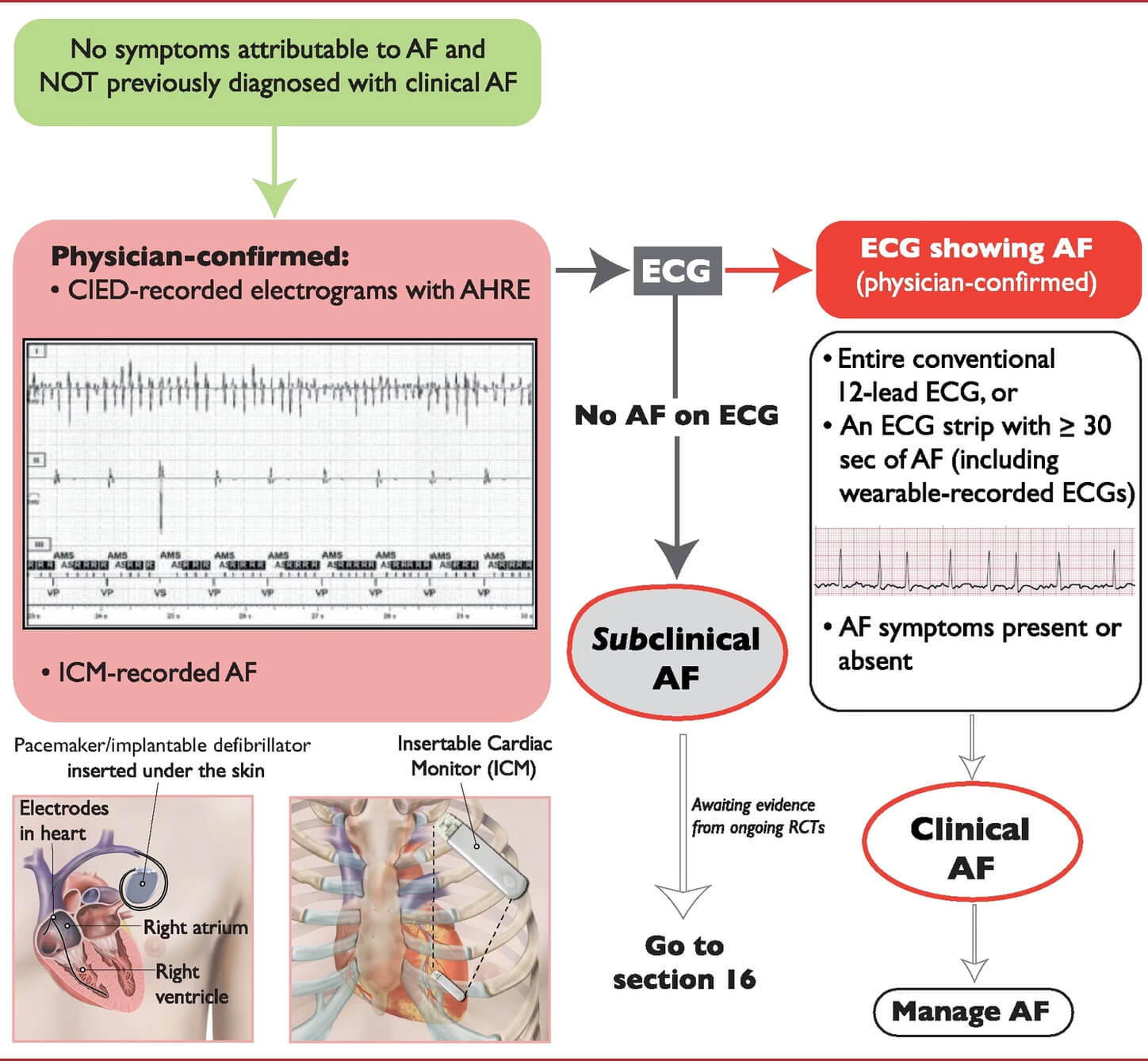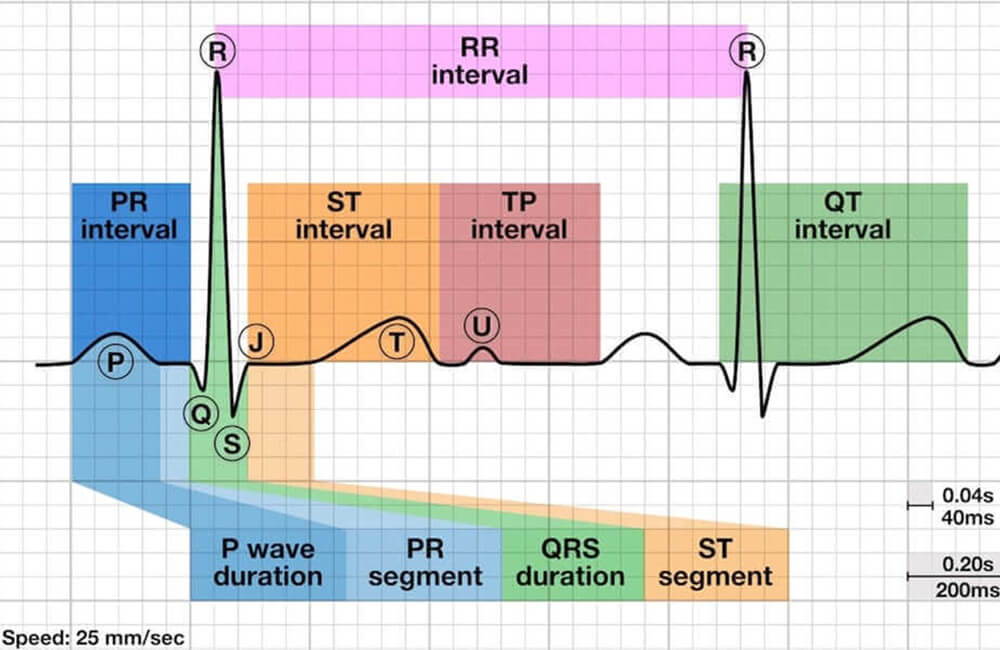Atrial Fibrillation Symptoms - How Do You Know If You Have AFib

What are the symptoms of atrial fibrillation? Why do some people not feel it at all?
Most patients with atrial fibrillation have a fast and irregular ventricular beat. They often feel panic. As fast ventricular beats will lead to a drop in blood pressure, patients will feel dizzy and can even faint. And long-term fast heartbeats can cause heart failure, so patients will have difficulty breathing.
Some patients are not sensitive to irregular heartbeat and often have no symptoms, which can be missed for a long time. Some of them are found during physical examination, such as atrial fibrillation found in the ECG of physical examination after the occurrence of stroke. Or some patients are found to have atrial fibrillation after the occurrence of thromboembolism, such as atrial fibrillation found in the ECG of the hospital examination after lower-extremity arterial thrombosis. Therefore, the symptoms vary greatly from patient to patient.
The typical AFib symptoms
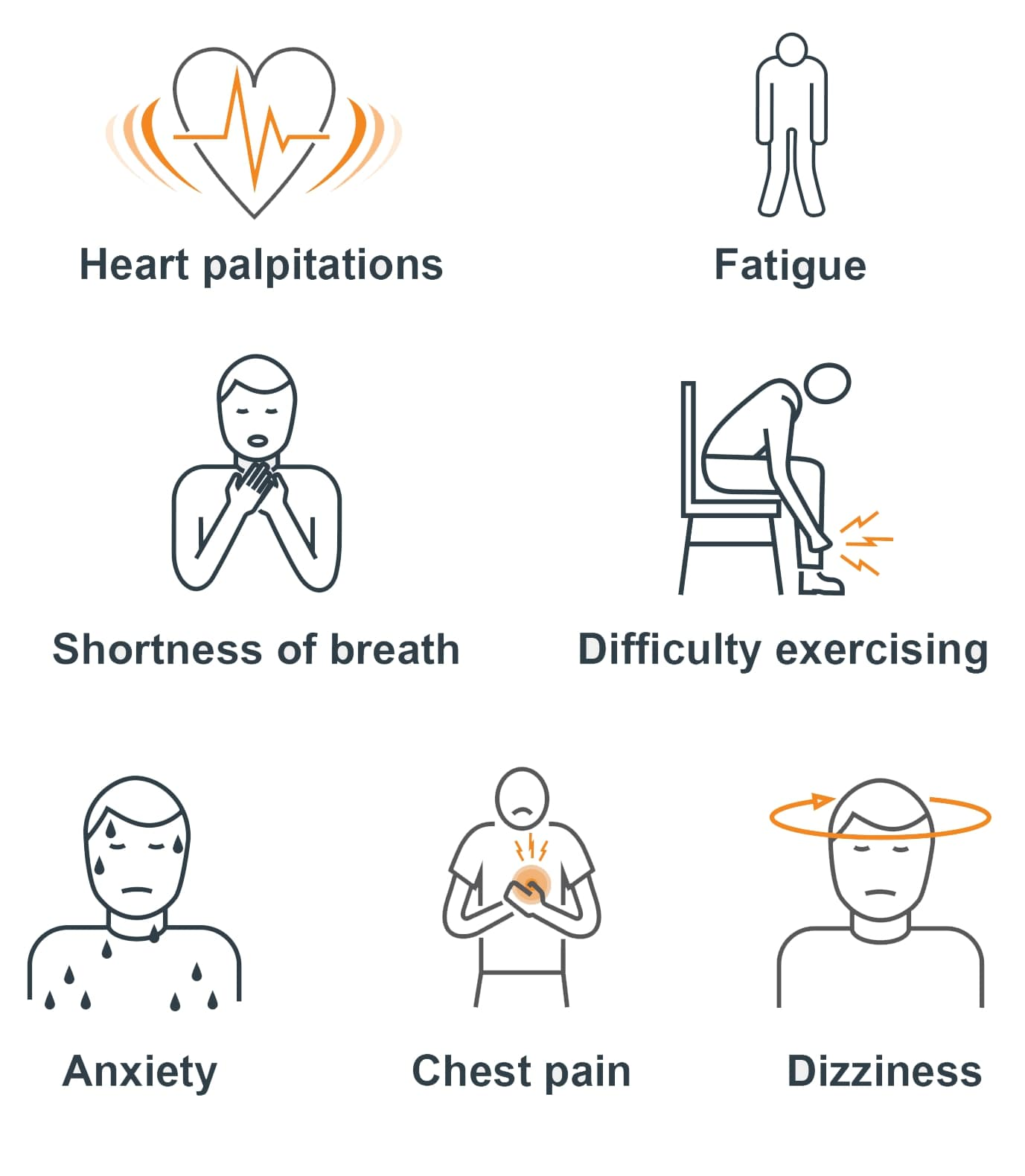
Common Signs:
- Panic
- Palpitations
- Chest tightness
- Shortness of breath
- Dizziness, or even blackness and fainting in severe cases
- Weakness
Severe Signs:
- A drop in blood pressure
- Dyspnea
- Some patients can have no obvious conscious symptoms when atrial fibrillation attacks.
How do you know if you have atrial fibrillation?
The symptoms of atrial fibrillation are extremely atypical, so you can't wait until a blood clot forms before you come to the doctor. Then how do you confirm the diagnosis? It is very simple. When you often feel panic and chest discomfort, you need to have an ECG (electrocardiogram). It's convenient and inexpensive. Don't underestimate the sky-like electrocardiogram. After the doctor's analysis, you can find a lot of problems from the ECG.
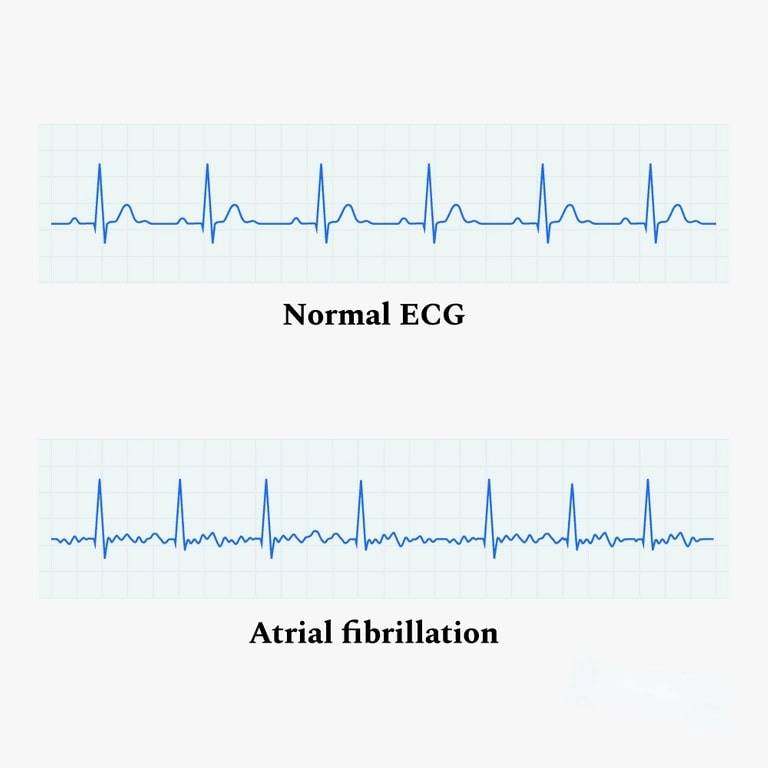
Ambulatory ECG Monitor Recommendation
Wellue 24-hour ECG Recorder with AI Analysis can detect AFib.
Routine portable single-lead EKG monitor is hard to detect heart problems for a few moments checking. A Holter monitor can continuously track your heart activity, but it is so bulky to wear as it has many wires.
On the contrary, Wellue® ECG Recorder is not only portable but can also continuously monitor ECG/EKG for 24 hours. In addition, Wellue's FDA-Proved AI ECG platform, which can intelligently diagnose various kinds of abnormal ECG/EKG events, is provided to generate ECG analysis.
- Up to 24 hours Holter
- Provide professional medical ECG report
- Get free AI analysis and diagnosis for clinical use
- Simple operation with one touch
- Two wearing modes with chest strap or electrodes
- Support data saved as PDF AI ECG report and emailed to your doctor

